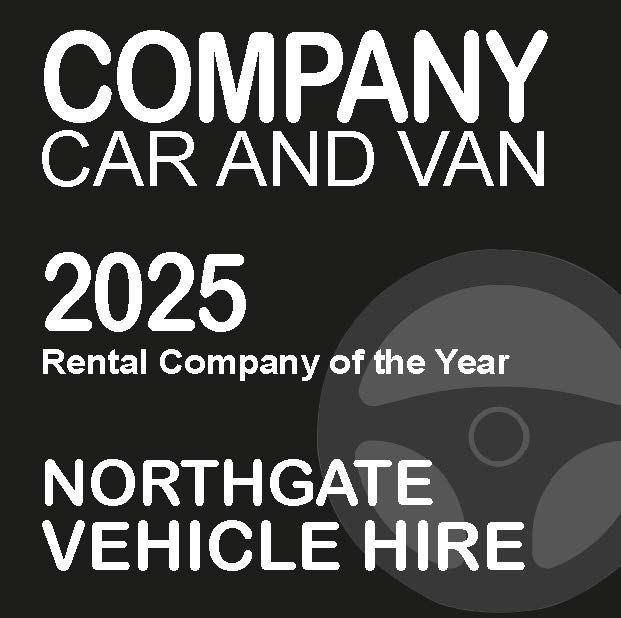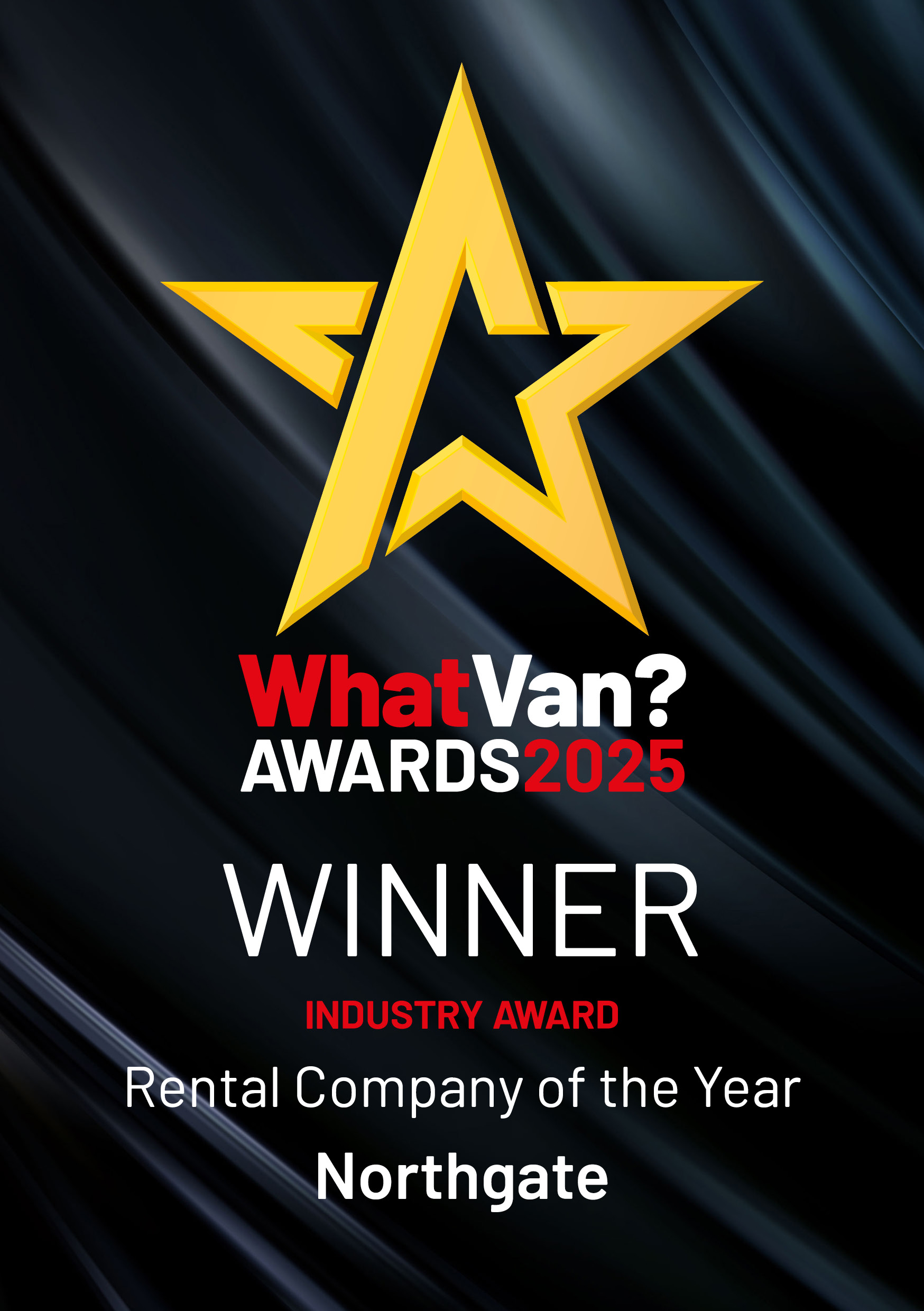Is hydrogen fuel cell technology a better alternative to battery powered electric vehicles?
Are battery electric vehicles the best green option for the commercial fleet market? The technology behind hydrogen fuel cells is developing to a stage where it could be a more practical alternative.
![]() 19/10/2021
19/10/2021![]() 9 minutes read
9 minutes read
Electric vehicles are just one of many possible options for achieving the zero-emissions target set out by the government.
The government’s Road to Zero policy is itself technology-neutral, meaning that there is no ‘final’ word on what will be powering the vehicles of the future.
Hydrogen fuel cell electric vehicles (FCEVs) are one option that is increasingly compelling, particularly for commercial, public transport and heavy-duty vehicle use.
There are big investments being made in the development of hydrogen fuel cells
Vehicle suppliers and energy companies are exploring different fuel options in achieving the goal of zero-emission vehicles.
Bosch is one of the vehicle suppliers that are making a significant investment in hydrogen fuel cells with Swedish company Powercell. Other investors include Jeff Bezos (Amazon), GM and the Hydrogen Council.
The Hydrogen Council includes Honda, Hyundai, Toyota, BMW, Shell, Total and Daimler and is expected to invest $10 billion over the next 5 years in developing hydrogen energy.
With the backing of major companies, it is likely that the pace will increase in the development of FCEVs. Over time, you can expect that the gap between Battery Electric Vehicles (BEVs) and FCEVs will slowly close.
Battery Electric vehicles are not 100% going to be what replaces combustion engines
To date, BEVs or plug-in hybrid electric vehicles (PHEVs) remain to be one of the best options for fleets looking to go green. With BEVs being the ideal choice for a truly low-emission vehicle.
However, this doesn’t necessarily mean that BEVs are the best option, especially when we look at the rigorous demands that businesses place on their vehicles.
Despite the real-world driving ranges quoted for electric vehicles attempting to be as accurate as possible, driving conditions and heavy payloads can drastically reduce the range achievable on a single charge.
This issue is made worse when you factor in the long charging times that are often required for BEVs. Not to mention that more power stations would need to be built to support the widespread adoption of BEVs.
Battery Electric vehicles are not without their limitations
As we see advancements in the technology of other alternative fuels, the limitations of BEVs are highlighted.
But what exactly are the commonly accepted limitations of electric vehicles? Let’s list them:
- Range
- Cost of the vehicles themselves
- Charging times and the additional planning required
- Availability of lithium
- The overall life of the batteries
- Impact on available payloads
Whilst many of these limitations are likely to be overcome with advancements in BEV technology, there is a chance that FCEVs emerge as the better option in some use cases.
Hydrogen fuel cell electric vehicles might be the more efficient option for some vehicle types
Hydrogen-powered vehicles are an increasingly strong alternative for long-range requirements. Let’s take a quick look at the benefits of hydrogen fuels:
- The average refuelling time is around 4 minutes
- Range particularly for commercial vehicles is a lot more predictable
- The output from a hydrogen-powered vehicle is just water vapour
- Potential for using waste plastic to create hydrogen.
On paper, this sounds like a no-brainer. FCEVs clearly overcome many of the challenges presented by BEVs.
The reality is that hydrogen fuel is expensive and not without its flaws
As is the case with BEVs and most new technologies, the cost of FCEVs is expensive and not well supported.
Firstly, Hydrogen fuel costs nearly double that of diesel. Secondly, there is a scarce amount of only 10 fuel stations in the UK for public use.
Most importantly, the electricity used in creating a hydrogen fuel cell could be used in simply charging a BEV instead.
Hydrogen fuel cells are not a realistic option yet
It is probably no surprise then that FCEVs are not yet ready for mainstream use. What can be said is that we have the makings of an almost ‘alternative fuels race’.
It is too early to tell what the optimum zero-emissions fuel for fleets, in the long run, will be and the answer will likely be a global one decided by market forces similar to VHS vs Betamax (for those old enough to remember videotapes!). For now, BEVs remain to be the best option for fleets looking to go green.
And diesel vans are still the most practical option for the majority of business uses.
How can Northgate help?
Through hiring your vans with Northgate; you gain the flexibility to quickly transition to new technologies as they become viable for your fleet.
Over 98% of our fleet today* is already Euro 6 compliant and we have an expanding number of BEVs that you can take advantage of.
With the short renewal cycles of rental vehicles, our fleet is regularly refreshed with the latest vehicles from world-leading manufacturers.
If you’re ready to start weighing up the benefits of vehicle hire for your business, our fleet consultants are on hand to provide expert advice and talk you through our range of vehicles.
*Correct as of 01/03/2022
Is your fleet ready for EVs?
SPEAK TO THE EV TEAM









